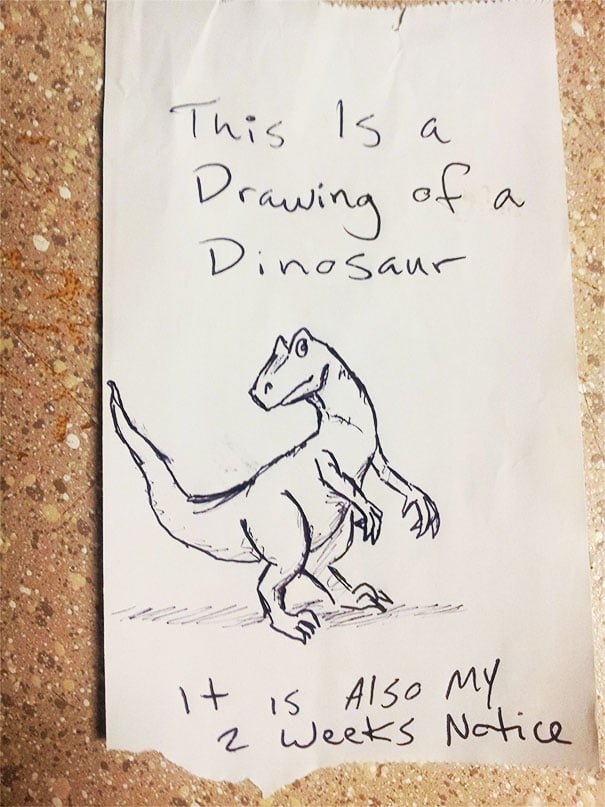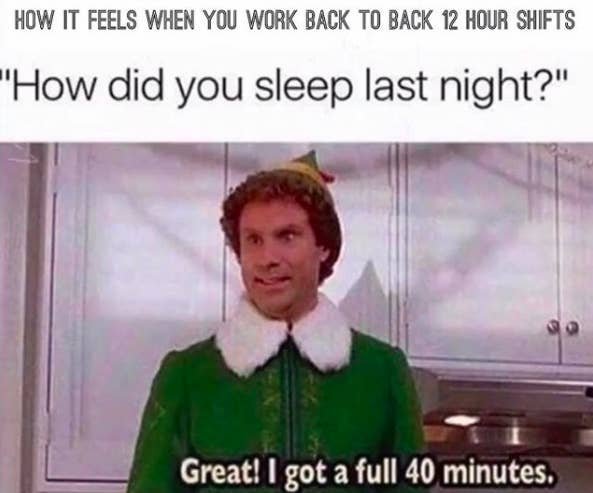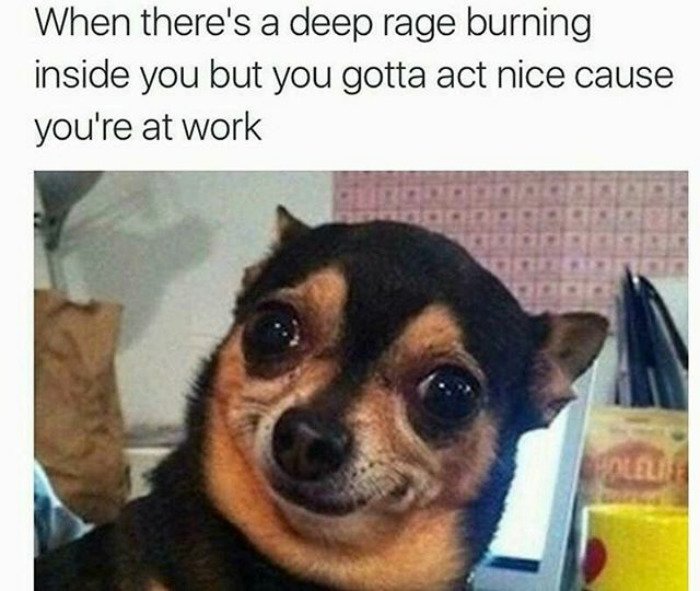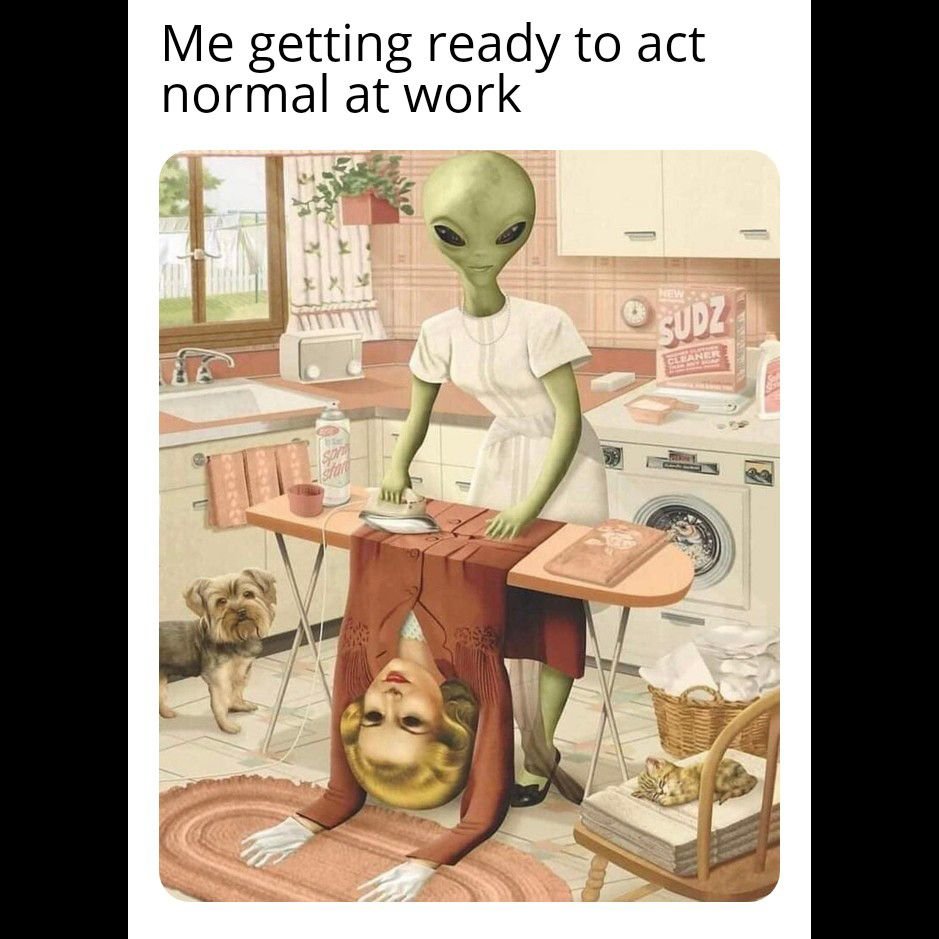We are celebrating Platty Jubes this weekend in the UK – the Queen’s Platinum Jublilee.
Seventy years of reign on the throne.
Whatever your thoughts on the monarchy, I think we can all agree that’s a long-ass time to be in the same job. Not to mention a long time to be working at all. Lizzy is 96 and still at it.
Queen E shares the secret to career longevity.
Yes, of course, being the Queen isn’t an ordinary situation and she is subject to pressures the rest of us don’t need to factor into our career choices. Unless your job is an ‘appointment by God’, you’re not quite in the same boat.
Nonetheless, it raises an important question. How do you know when to play it like Elizabeth II and stick it out for the long haul, or make like Meghan and Harry and get the hell out of Dodge?
This is a decision that will be different for everyone, and just to get one big popular fallacy out of the way, ‘going with your gut’ or ‘just making the leap’ is not always possible. Being in a position to ‘just quit’ is a privilege, and whilst staying in a toxic working environment might be damaging to your mental and physical health, so is poverty.
No matter what your situation, it can be helpful to take some time to consider whether it is time to make a move, why, how, and an exit strategy.
We’ve all had this dream. Maybe not quite this dream, but near enough.
If for practical reasons it is not possible to simply up and leave, having some awareness of the positives and negatives of your current job can be helpful. Depression can make us feel really ‘stuck’ in our situation and you might find, once you consider all of your options that there IS a way out.
At the very least, if you know where you are at you can build the resilience and strategies you need to cope.
Popular concepts such as “grit,” perseverance, sticking it out, not being a ‘quitter’ and so on can make us put up with difficult situations for far longer than is really good for us.
Why do people stay in jobs that are toxic for them? (besides practical reasons – finances, hours that suit our responsibilities and so on).
Being in a job that is bad for us is a bit like being in a toxic relationship.
Intermittent Reinforcement
Maybe we really, really love our job some of the time, or we have a leader or a company culture that has some great qualities some of the time and some utterly awful qualities at other times. Ironically, receiving intermittent rewards – such as an opportunity to do that stuff we love, or being thrown a few crumbs of positive leadership amid an absolute management car crash – can make us hang on for dear life even more strongly than we would if the rewards were more regular.
In this respect we’re a bit like B.F Skinner’s rats, who were more likely to keep pressing a lever for food when the food was dropped at irregular and random intervals.
Image credit: Dilbert (the original ‘work meme’)
Learned Helplessness
Psychologist Martin Seligman came up with this concept in the 1960s, after discovering that groups of dogs, subjected to electric shocks, would stop trying to escape their situation if they were unable to control it. If they were able to escape, they kept trying. If they learned over time through repeated failure to escape that their situation was helpless, they gave up, laid down, and simply put up with the torture (thankfully, research ethics have improved since then).
The key here is that their situation was uncontrollable. But unlike Seligman’s research subjects, you are not stuck in a box. If you feel like things have been so bad for so long that some part of you has simply given up, try to focus on the elements of your job that you can control, no matter how small they may seem.
Fear of change
“Better the Devil you know.” “From the frying pan into the fire.” “The grass isn’t always greener on the other side.”
Sound familiar?
Tim Ferris, podcaster, speaker, and author of ‘the 4-hour work week’ says that ‘people would rather be unhappy than uncertain,’ and plenty of research backs him up.
Humans have survived on predictability for centuries. The known might be hard, but it’s 100% survivable based on the fact we’re in it and still paddling on. As for the unknown; who knows? It might be even more of an absolute flaming hellfire than the tricky spot we’re currently in.
If you’re afraid of making a leap – don't be too hard on yourself.
Know that this is a completely human and normal response. But it doesn’t mean that you can’t find strategies to shore up your courage. Practice trying relatively safe new things. Make a small change in your life, and then another, and another, and over time, your fear of change will diminish.
Image Credit: Invisible Bread
We’ve covered why people stay in shitty jobs. How do we know when it’s time to leave?
Ask yourself some of these questions.
Is it serving you?
You took your job up for a reason. Maybe the commute or the salary was good, maybe a silver-tongued interviewer put a particularly rosy spin on it, maybe you fell in love with the role or the culture initially but the shine has worn off, maybe the pension is excellent or the annual leave allowance extraordinary, maybe the flexi-hours wrap perfectly around your kid’s schedule or your secret life as a freelance magician, maybe the ping pong table and the free pizza on a Friday really floated your boat.
Whatever the reason. Ask yourself if those reasons still exist, still matter to you, and if you can get them somewhere else. At the time of writing, it’s an employee's market, and flexibility is becoming an expected part of our working culture. Chances are, whatever you are currently getting, you can get somewhere else, without the bullshit you are currently putting up with.
Yes it’s Dilbert again
Is it impacting your physical and mental health?
It’s not normal to be happy all of the time. Everyone has bad days at work. In fact, people who are passionate about their jobs and who do their jobs for love such as teachers and first responders are at higher risk of burn out.
But there’s a big difference between having a few bad days or a few bad weeks and being chronically miserable. If you cannot let go of your work stress and if hating your job is starting to impact the rest of your life, then it’s time to think about your exit strategy.
Is a change in your current job / culture a realistic prospect?
If you’ve never had a boss who’s a bit of a bell-end or a colleague whose an absolute belter or had to put up with a new company policy that’s a pain in your ass, then you’re doing well.
If it’s someone you work with, or a change in company culture that is making you miserable, have a think about how long this new flavour of shite you’ve been served up is likely to last. A bell-end of a boss might be managed out eventually, perhaps you can avoid the projects the irritating colleague is assigned to, and maybe the company policy you hate will burn itself out.
On the other hand, perhaps a new management approach you fundamentally disagree with is here to stay.
Sit down and think critically about what it is that you dislike about your current situation and realistically if those elements are a temporary blip or the new normal.
Can you be yourself?
A series of studies by researcher Francesca Gino showed that people who were more authentic were more likely to be successful. Pretending to be someone else, or hiding parts of who you are can be damaging and stressful.
Are you working in an environment where you feel comfortable? If not, it might not be possible to go the long haul without impacting your mental health. Look for a company culture that is a better fit.
There’s only so long you can keep this up.
Image credit: I couldn’t find the original artist behind this image, if you can, please let me know!
What next?
If you choose to go, you’ll need an exit strategy.
If you choose to stay, you’ll need coping strategies – particularly if the reasons for staying feel out of your control.
We’ll cover these topics in a future blog, but for now, reach out to your support network, and fall-back on your resilience toolbox. Don’t underestimate the restorative powers of having a proper chat with a mate, a walk in nature, or simply banging on your favourite tunes.
Feeling low on resilience? Don’t miss our next virtual workshop, 13 July 2022, 09:00 - 12:00 – All about working on your Resilience and Mental Fitness. Think of it like a workout for your mental health. Find out more information and book your place here.
***
Liked this blog? Sign up to our newsletter here and follow the writer Ngaire Wallace here.











